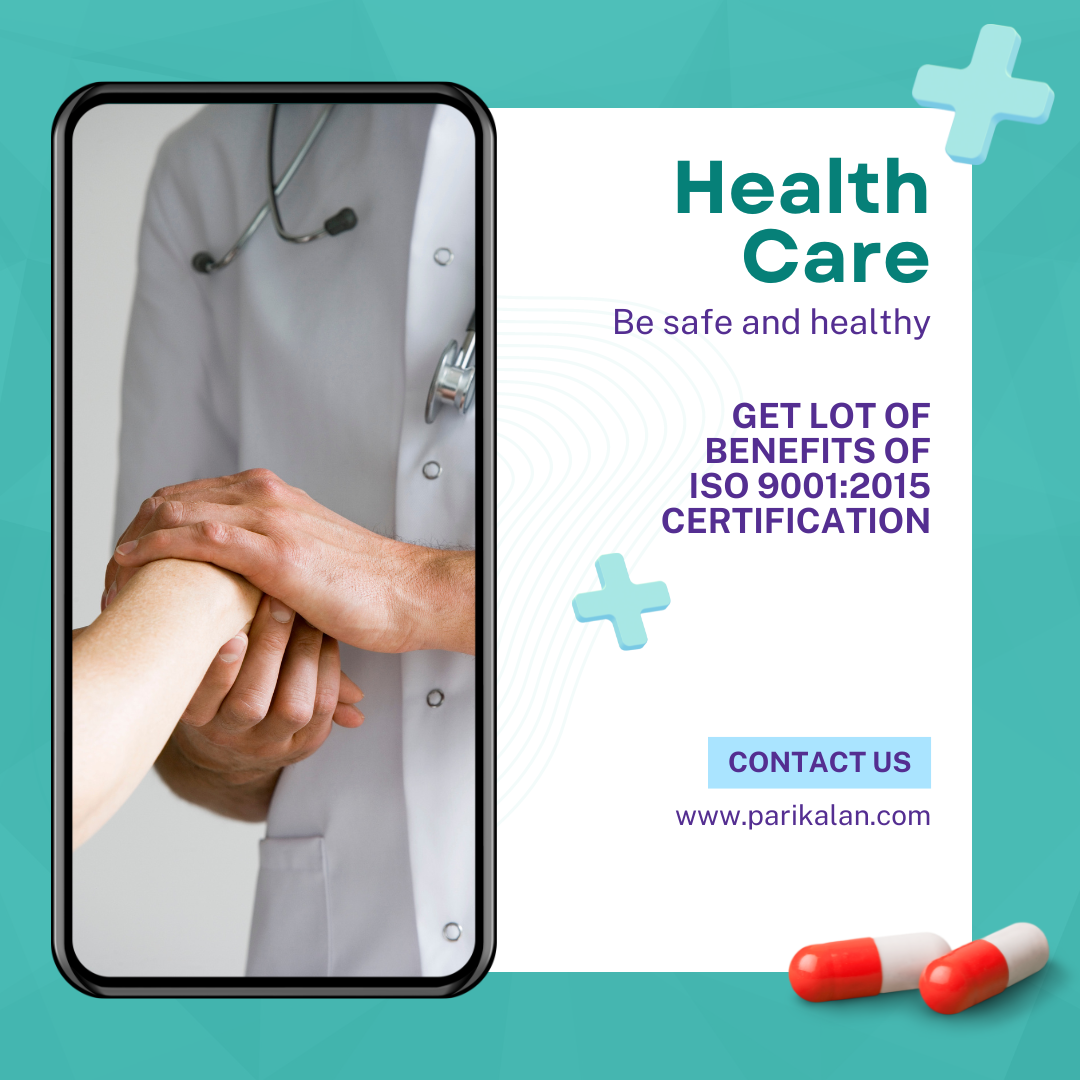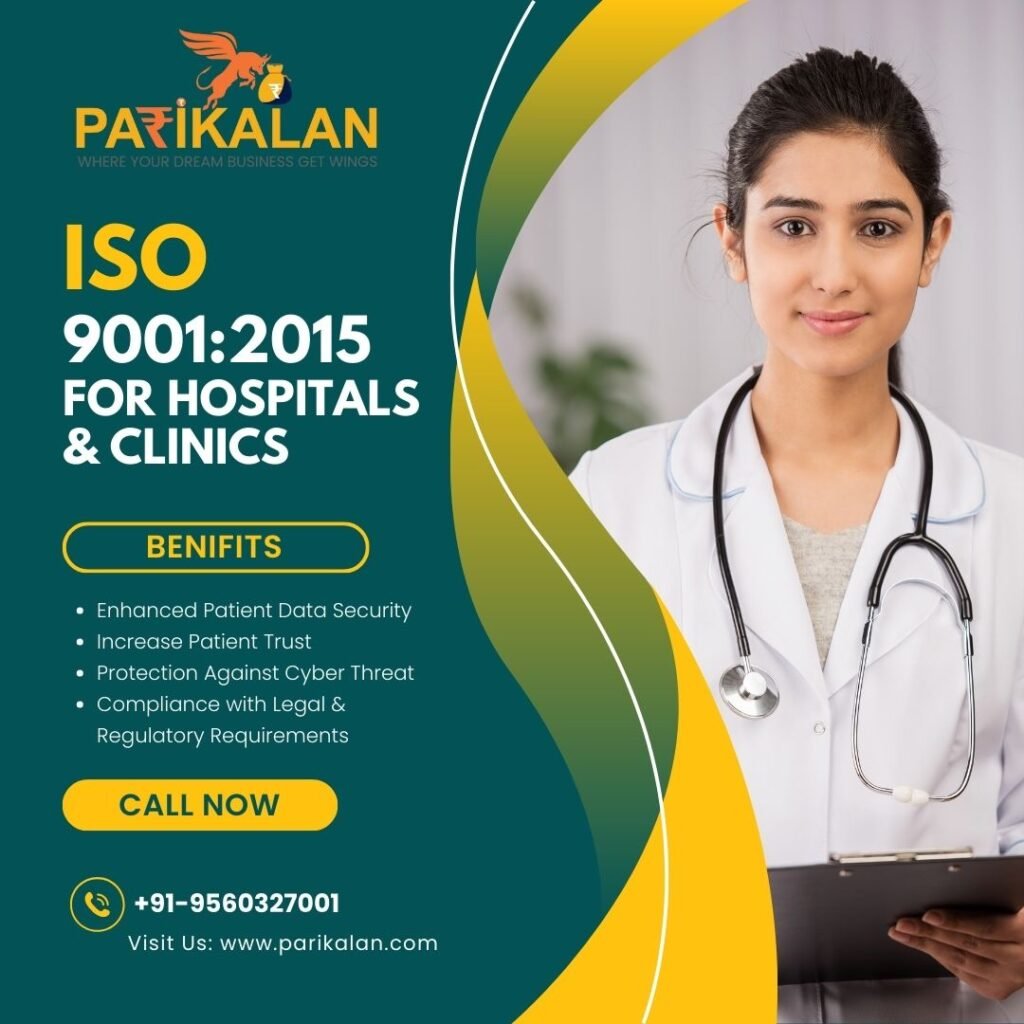Hospital Safety through ISO Certification: Comprehensive Guidelines for Healthcare Providers
Quality management in healthcare is of utmost importance in order to guarantee patient safety and satisfaction, and ISO 9001 Certification provides one way of meeting this goal by emphasizing efficiency in processes and constant improvement. In this post we will explore some of the challenges healthcare providers encounter in adopting ISO 9001 standards as well as some of its many advantages; let’s find out how ISO certification is revolutionizing quality healthcare management!
Get Business Development Kit
Understanding ISO 9001 Certification
ISO 9001 standards provide an internationally accepted system for quality management systems (QMS), which aim to meet customer demands and enhance satisfaction levels. They set forth criteria that organizations must fulfill to demonstrate they can deliver goods and services that comply with customer and regulatory expectations.
ISO 9001’s fundamental concepts encompass a customer-centric approach, leadership involvement of employees, an effective decision making process and constant improvement – these serve as guidelines for businesses in creating effective quality management methods.
ISO 9001 Certification in healthcare is of great significance as it ensures standardized procedures, enhanced patient care and risk management. By adhering to ISO 9001 standards healthcare companies can enhance efficiency, reduce errors and ultimately enhance outcomes for their patients.

Benefits of ISO 9001 Certification in Healthcare
ISO 9001 certification in healthcare results in increased satisfaction among patients and improved outcomes through providing standard processes and consistent high-quality healthcare supplies.
Efficiency, streamlining and efficiency are two of the many benefits of ISO 9001 certification for healthcare businesses. Through reducing waste, improving processes and focusing on ongoing improvement efforts, healthcare institutions will be able to make better use of their resources while ensuring cost-effectiveness.
ISO 9001 certification enhances risk management and ensures compliance in healthcare by conducting proactive risk assessments and establishing mitigation strategies that are in line with regulatory agency guidelines, which allows organizations to limit the negative effects of situations while also ensuring patient security.
Certification with ISO 9001 gives healthcare organizations an edge and allows them to distinguish themselves in their market. It signifies commitment to quality care while building trust among stakeholders and drawing patients who require this level of service.
Implementation of ISO 9001 in Healthcare Industries presents some unique challenges.
Regulative complexity poses significant difficulties for healthcare companies seeking ISO 9001 certification, particularly due to the ever-evolving healthcare landscape and ISO 9001 standards. Accomplishing both requires meticulous focus on detail and in-depth understanding. Healthcare organizations could face resistance when adopting and implementing ISO 9001. Resistance to change, hierarchies structures and instilled practices may obstruct adoption and implementation of Quality Management systems; successful methods for handling change may be necessary to overcome them.
Integrating ISO 9001 with existing quality management systems poses unique challenges, including reconciling different methods, standards and documentation requirements. A seamless integration is crucial to ensure maximum efficiency within your QMS.
Training and resource allocation are vital elements to the successful implementation of ISO 9001. Healthcare institutions should allocate enough staff time, money, and space for training and implementation of QMS initiatives effectively.
Documents Required for Applying ISO 9001 Certification

Company / Service Govt. Registration Proof

Valid Letter Head including Address

Quality Manual

Internal Audit/MRM
Conclusion:-
ISO 9001 certification brings many advantages to healthcare organizations. These include improved patient satisfaction, simplified processes, better risk management practices and competitive advantages. By following these steps outlined – conducting gap analysis, documenting processes, implementing training and maintaining continuous improvement – healthcare organizations can achieve and sustain ISO certification. Parikalan Consultancy OPC Pvt. Ltd, Bahadurgarh , Haryana can assist healthcare organizations to do just this. Healthcare Provider Services Ltd. provides comprehensive services that assist healthcare institutions with ISO certification procedures. Our experts in gap analysis documentation training and audit preparation help healthcare providers overcome any of the hurdles related to ISO certification while raising the quality of the management system to international standards.


